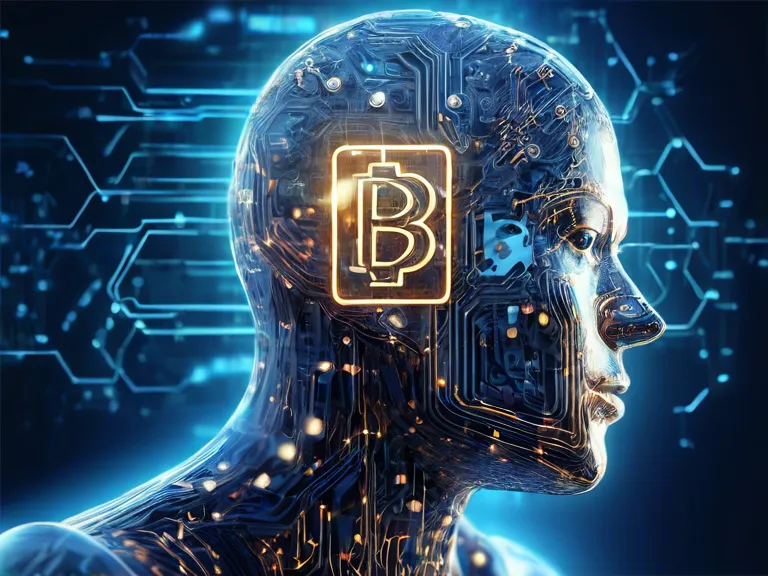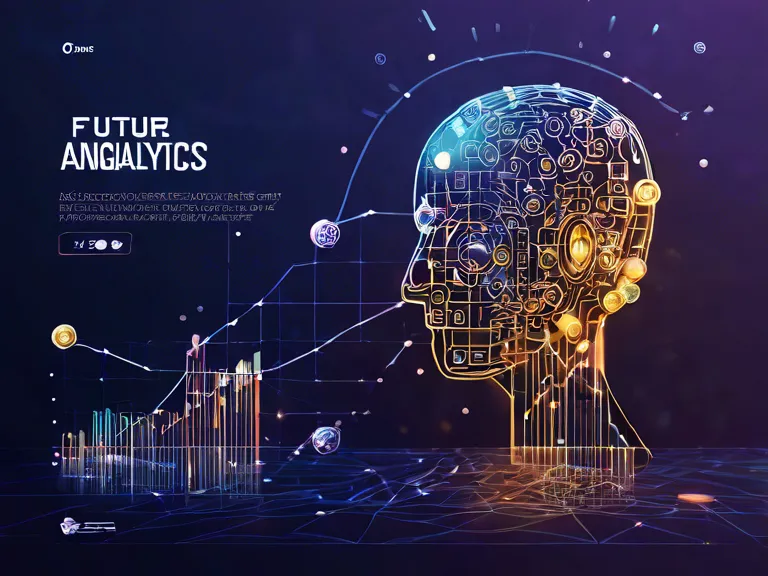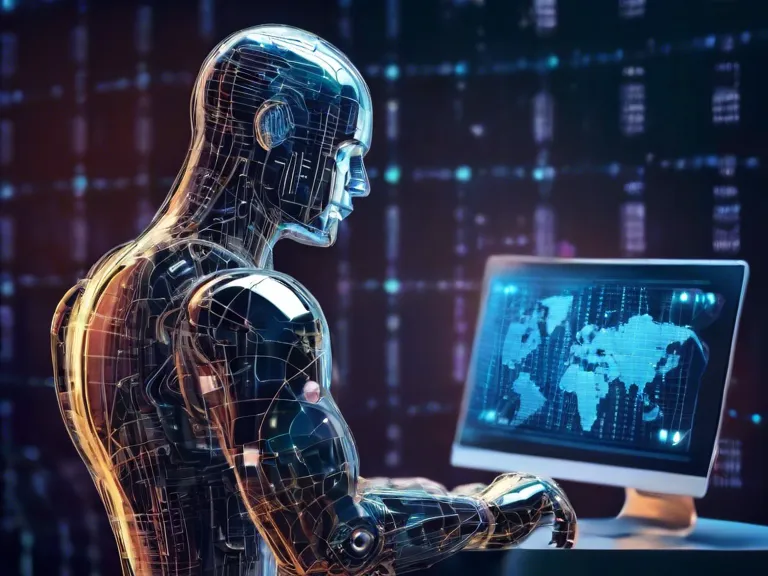
Blockchain technology has been touted as revolutionary for its decentralized and secure nature. However, challenges such as scalability and efficiency have hindered its widespread adoption. Enter Artificial Intelligence (AI), which has the potential to enhance the efficiency of blockchain networks in a variety of ways.
One key role of AI in blockchain is in improving consensus mechanisms. Consensus algorithms, such as Proof of Work (PoW) and Proof of Stake (PoS), are crucial for validating transactions and maintaining the integrity of the blockchain. AI can analyze vast amounts of data to optimize these algorithms, increasing transaction speeds and reducing energy consumption.
Another area where AI can bolster blockchain efficiency is in smart contract execution. Smart contracts are self-executing agreements that run on the blockchain. AI can help prevent bugs and vulnerabilities in smart contracts by scanning the code for errors and potential exploits. This can enhance the security and reliability of smart contracts, leading to smoother transactions.
Furthermore, AI can be utilized for data analytics on the blockchain. By analyzing transaction data and patterns, AI algorithms can provide valuable insights for businesses and organizations. This can help improve decision-making processes and optimize workflows, ultimately increasing the efficiency of blockchain operations.
In addition, AI-powered predictive modeling can aid in fraud detection and cybersecurity on the blockchain. By detecting suspicious activities and potential threats in real-time, AI can enhance the security of blockchain networks and protect users from malicious actors.
Overall, the integration of AI into blockchain technology holds great promise for enhancing efficiency and overcoming technological barriers. As the synergy between AI and blockchain continues to evolve, we can expect to see even greater advancements in the realm of decentralized and secure digital transactions.


